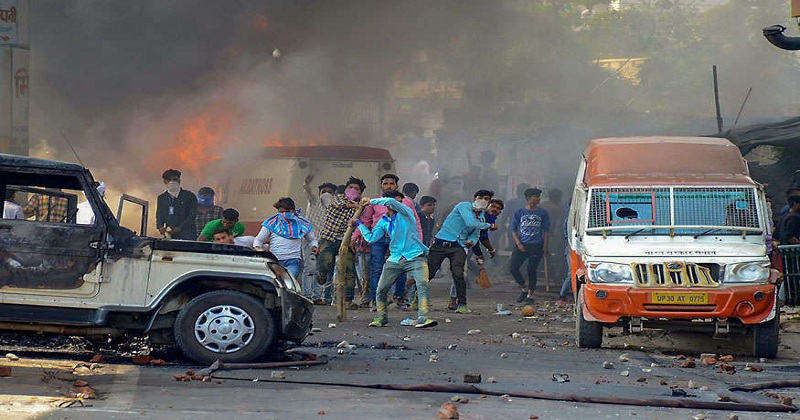
Supreme Court is firm on its judgement on Dalith issues and this is the reason
The Supreme Court today refused to stay its March 20 order that had put safeguards on arrests under the stringent provisions of the SC/ST Act. The apex court’s order has been interpreted by many political parties and Dalit activists as an act of diluting the Act that safeguards interests of Scheduled Castes and Scheduled Tribe citizens.
The top court believes this interpretation is wrong and the March 20 order has not diluted the SC/ST Act.
Also Read : Rahul Gandhi criticises BJP and RSS for ignoring Dalits
Narendra Modi government had moved the plea seeking an urgent review of Supreme Court’s March 20 order in the wake of country-wide large-scale violence during protests called by Dalit groups on Monday.
The Supreme Court bench headed by Justices A K Goel and U U Lalit said that the agitating people were misled by “vested interests” and they have not read the March 20 judgment properly.
The SC bench clarified that its order didn’t dilute any provision of the SC/ST Act but only put some safeguards to protect innocent people from being arrested.
The apex court further said that provisions of the SC/ST Act cannot be used to terrorise the innocents, according to PTI.
The top court has, however, said it would consider in detail Centre’s review petition after 10 days. It also asked the Maharashtra government to file written submissions by then.
Supreme Court’s March 20 order :
The Supreme Court judgement on March 20 said, “in view of the acknowledged abuse of law of arrest in cases under the Atrocities Act, arrest of a public servant can only be after approval of the appointing authority and of a non-public servant after approval by the Senior Superintendent of Police (SSP) which may be granted in appropriate cases if considered necessary for reasons recorded.”
For future detention of the accused, the SC’s March 20 order said all reasons recorded by the competent authority and the SSP must be scrutinised by the magistrate for granting permission.
In order to avoid the false implication of an innocent, SC order said a preliminary enquiry may be conducted by a DSP rank officer to find whether the allegations make out a case under the Atrocities Act and are not frivolous or motivated.
Seeking review of the March 20 order, Centre had told the apex court that the judgment had “wide ramification and implication resulting in dilution of the stringent provisions of law enacted under the 1989 enactment.”
The Centre had further argued that the March 20 order adversely affects a substantial portion of the population of India being the members of SC/ST.
The judgment is also contrary to the legislative policy of Parliament as reflected in the Prevention Of Atrocities Act 1989″.

Post Your Comments